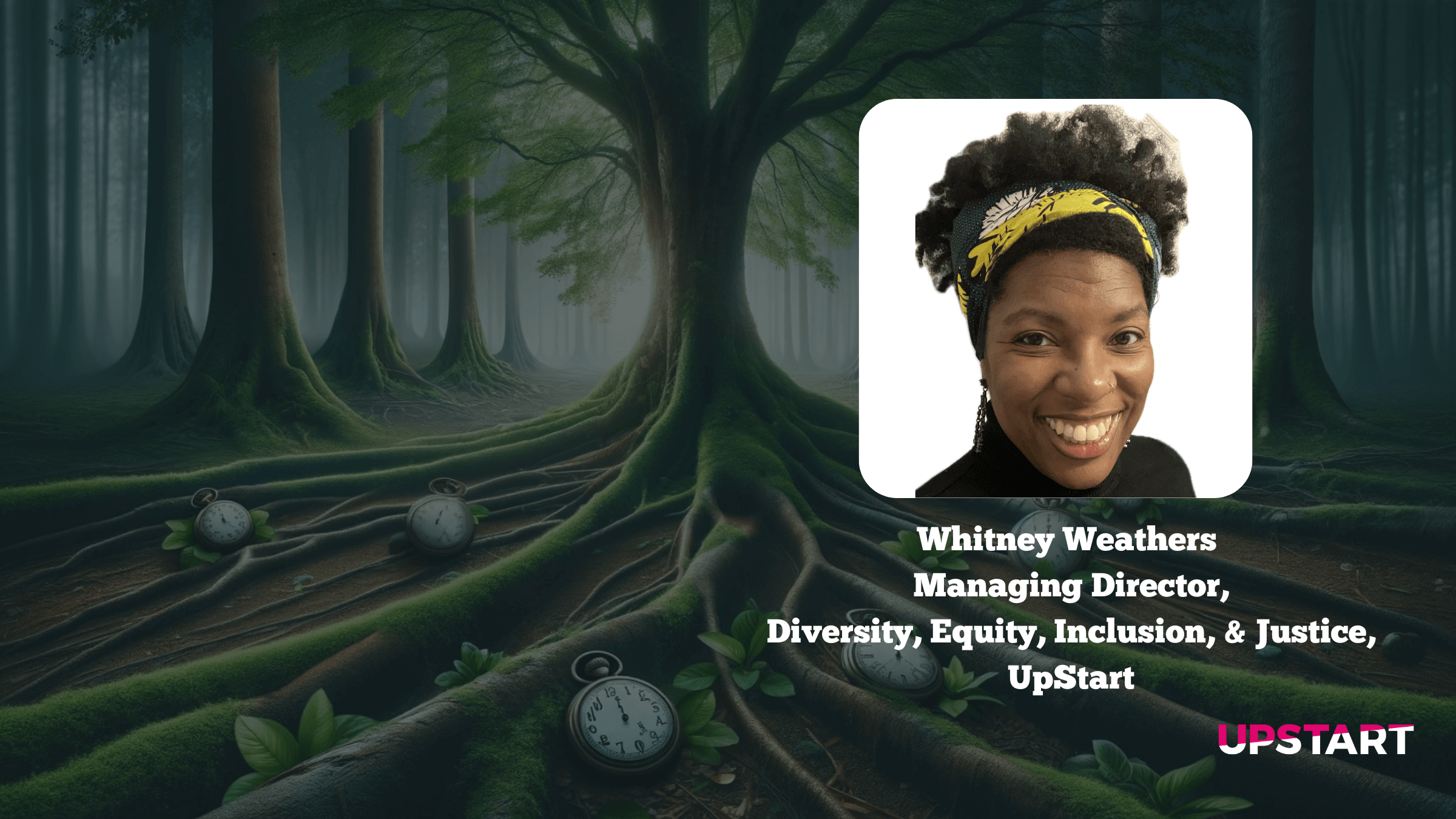Breaking Barriers: A Black Christian DEIJ Practitioner’s Journey within the Jewish Field
Perhaps we have failed to see that, despite the different ways we experience oppression, our lives and our dignity are deeply interconnected.

(This essay is edited from an article originally posted on ejewishphilanthropy.com, May 2024)
One of the most fascinating concepts about my journey as a Black, Christian, woman, Diversity, Equity, Inclusion and Justice (DEIJ) practitioner within the Jewish field is that I find myself constantly unlearning everything I thought to be true. Until recently, I thought all Jewish people were white, and I thought all white people were safe. These assumptions have been a source of shame and curiosity for me: how could I, a woman of color, who herself is a victim of oppressive systems, be so unaware of how others experience oppression? Perhaps one reason is that I have been head-down in survival mode, trying to combat the systemic inequities and atrocities I have experienced personally. But the attacks on October 7th have taught me that it is inhumane — and un-Christian — to assume that the Jewish community’s pain is theirs to bear alone. Moreover, there is an element of DEI that has stopped working for me: antisemitism has been absent in many of the DEI trainings I’ve been a part of, which perpetuates harm and erases Jewish identity.
I have often wrestled with my role as a Black Christian woman working at UpStart, a predominantly white Jewish organization; this seems paradoxical on the surface. But I am sure I am at UpStart for a reason. Perhaps that reason is to help break down barriers between our faith communities; perhaps it is to learn more about myself as a Christian (after all, Jesus was Jewish). Perhaps I am figuring out what allyship means. Regardless, I’ll never go back to a life without Judaism.
I am reminded of the following Jewish wisdom: “Do not judge your fellow man until you have reached his place.” (Pirkei Avot 2:4). It saddens me that many Black Christian folks and Jewish people (regardless of how they racially identify) have stopped leaning on one another for support. Perhaps we have failed to see that, despite the different ways we experience oppression, our lives and our dignity are deeply interconnected. In the words of my friend Rabbi Isaiah Rothstein, “Our commitment to creating a better world — making it to the Promised Land — must always be so much more than merely skin deep. Only when we believe in our bones that change is possible, and that we can be agents of that change, will fear melt away and we will be able to defeat the Pharaohs who seek to deprive us of our dignity. . . anywhere in our land.” Amen and amen.
“Moving Through the Wilderness: Recommitting to Equity After 10/7” is a collection of brief essays born out of Elevate: An Executive Leadership Equity Accelerator. Elevate launched in May 2023 and its first cohort consisted of eleven CEOs of influential Jewish institutions, who are committed to the Jewish value and responsibility of equity within our community. The idea for this project emerged in Montgomery, Alabama during one of Elevate’s in-person convenings in early 2024. To learn more about Elevate and the program’s co-founders and leaders, Gamal J. Palmer and Catherine Bell, click here.
Moving Through the Wilderness is presented in partnership with the Forward, the leading voice in Jewish journalism. Read more essays in the collection.












